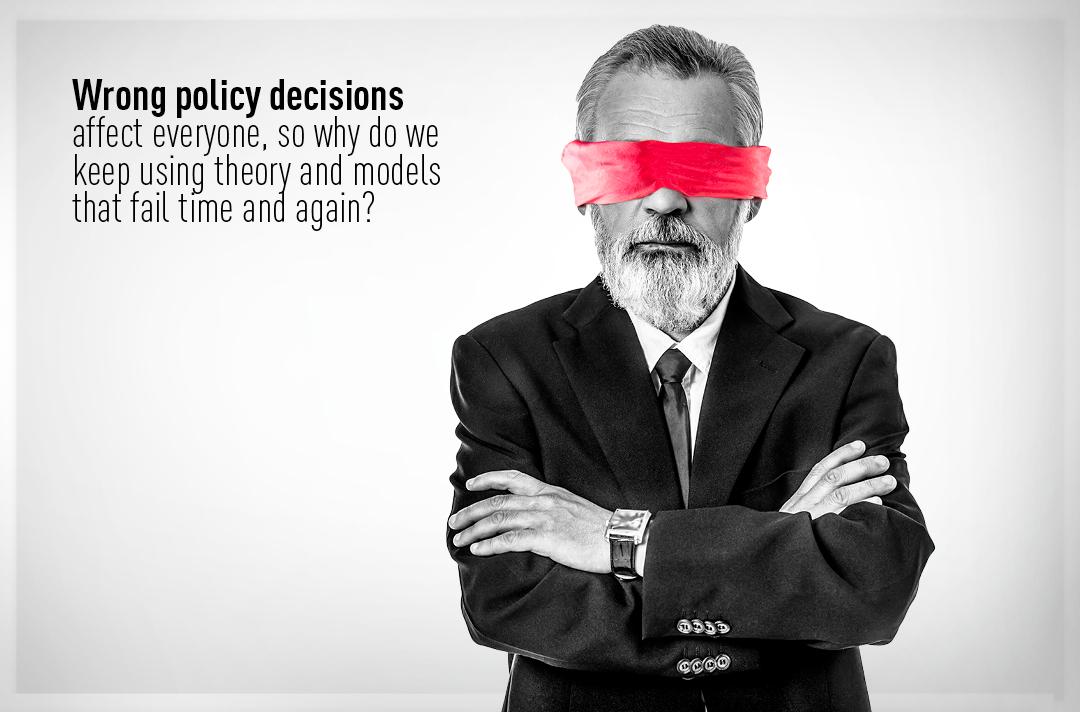Commentary
Public health as a profession has fallen into dispute but it is hardly the only one. The economists bear responsibility too, for it is they who should have been aggressive, open, and loud about every aspect of the pandemic policy response. And yet, they were largely silent as markets were wrecked, Congress blew up the budget, and the Fed flooded the world with newly printed cash to pay the bills.





